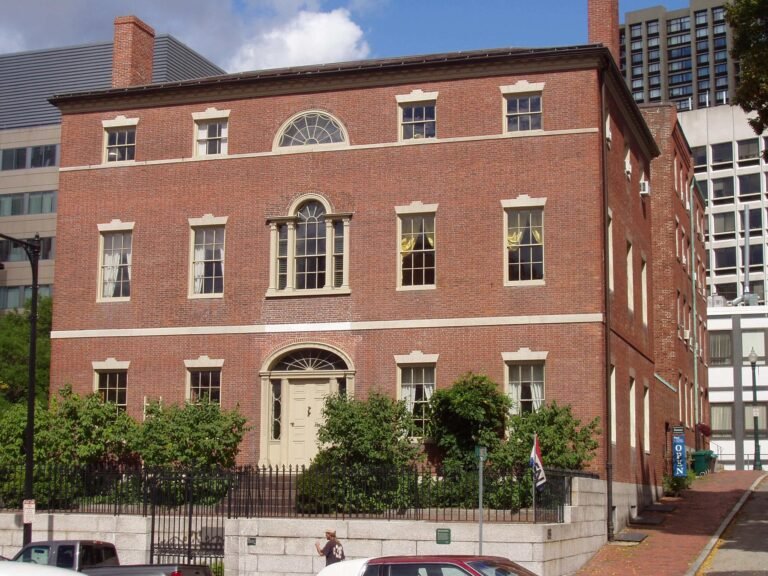Sputnik Bar / Steiner Architecture
Sputnik Bar / Steiner Architecture


Text description provided by the architects. Launched in 1957, Sputnik was the first man-made satellite to orbit the Earth. This unassuming four-legged sphere circled our planet for three months before disintegrating in the atmosphere and occasioned the awkward period we know as the Space Race, during which the Soviet Union and the USA competed for astronautic supremacy.



Thus Sputnik Bar in Vienna’s fancy first district has something of the vintage spacecraft: Bolstered curved leather seats, a stainless steel bar fitted with oversize bolts, stainless steel stools topped with leather, luminous tables, bright yellow toilets, wall lamps that resemble rotating sirens, and LED lights hidden in window frames that make frosted glass glow with a fade.

It also has something of the American diner, more because of the spacecraft references than despite them – diners being susceptible to neophilia themselves. Sputnik’s circular seating suggests sociability that feels North American, and the stainless steel bar and stools evoke burgers and milkshakes as much as they evoke cocktails. America is also referenced, albeit indirectly, in the glow tables, as they allude to the ones Adolf Loos employed in his American Bar more than a hundred years ago in the same area of Vienna.

But the American and Space Race quotations avoid the extravagance common to the futuristic styles of the 50s and 60s. The fancies of Atompunk and Googie aesthetics are tempered by the advantage of hindsight, by full knowledge of the risks of science, pastel colors, and good old modern design.


The Prussian blue of the fire-rated acoustic panels is alleviating, especially where it meets the white of the staircase parapet wall – the contrast being almost Mediterranean. The white marble on the inbuilt seats and the brass hook hangers on the walls are further touches of timelessness that assuage the anxieties of the future.






